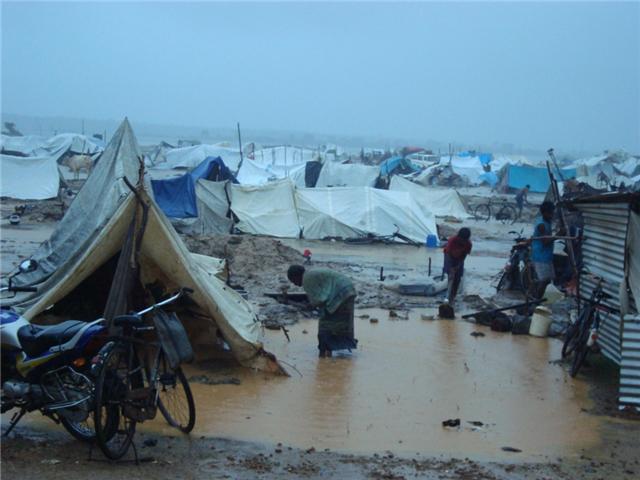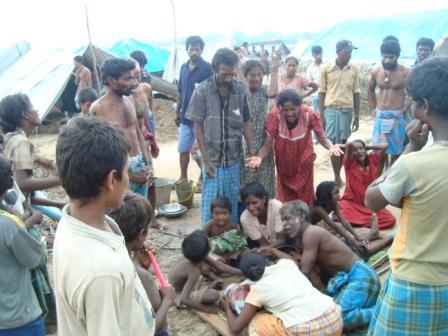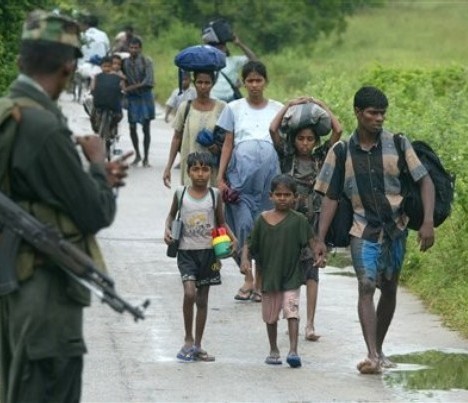I am reading two great books about Brazil at the moment. Teresa Caldeira’s City of walls: crime segregation and citizenship and Sarah Hautzinger’s Violence in the city of women: police and batterers in Bahia, Brazil.
The latter book tells the story of Brazil’s all-women police stations. Hautzinger spent some time living in a favela to research it and she remembers in her encounters with foreign journalists:
It became clear that they had hoped I would regale them with bloodcurdling brutalizing horrors, confirming their expectations of the exotic barbarity of Latin American men and the overall gravity of gender-based violence in Brazil that could necessitate all-female police stations. . . . This work approaches violence’s significance for gendered power relations as being far more complex than has been commonly recognized and advocates distinguishing between contrasting dynamics of violence as well as how they fit into global, national and regional historical processes. . . . Preventing violence requires more than punishment. . . . . Moreover criminalization-centered responses are inadvertently elitist, benefiting white and middle class women at the expense of poor and working class women and women of color who are more reluctant to involve police because of perceived bias.
Caldeira’s book is more difficult to summarize, but is basically about the impact that the rise in violent crime has had on Brazilian society as a whole. The following quote gives some idea of her approach:
The talk of crime promotes a symbolic reorganization of a world disrupted both by the increase in crime and by a series of processes that have profoundly affected Brazilian society in the last few decades. These processes include political democratization and persistent high inflation, economic recession, and the exhaustion of a model of development based on nationalism, import substitution, protectionism and state-sponsored economic development. Crime offers the imagery with which to express feelings of loss and social decay generated by these other processes and to legitimate the reaction adopted by many residents: private security to ensure isolation, enclosure and distancing from those considered dangerous
[click to continue…]






